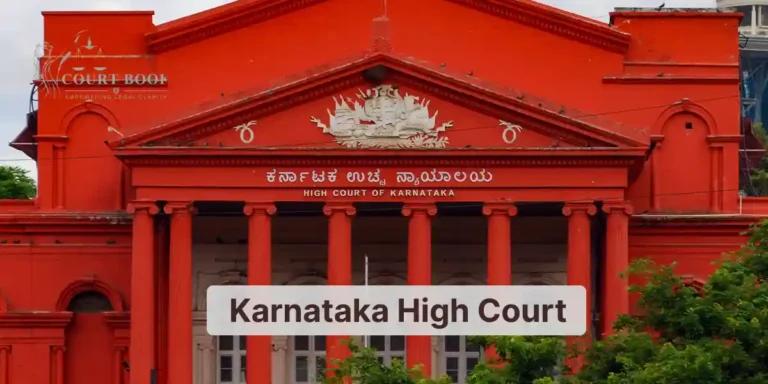The Karnataka High Court recently heard arguments in a significant case concerning the powers conferred under the Information Technology Act, 2000, particularly in relation to Section 69A and Section 79(3)(b). X Corp has approached the court seeking a declaration that Section 79(3)(b) of the IT Act does not authorize the issuance of information-blocking orders. Instead, the company asserts that such orders can only be issued in accordance with the procedure established under Section 69A of the Act and the relevant rules.
The matter was presented before Justice M. Nagaprassana, who is hearing X Corp's plea against the government's Sahyog Portal, an automated system designed for intermediaries to comply with takedown requests.
X Corp’s Stand on Information Blocking Orders
X Corp has urged the court to direct the Union of India to refrain from taking any coercive actions against the company, its representatives, or employees concerning information-blocking orders that do not comply with Section 69A and its associated rules. The company is particularly seeking protection from being compelled to join the Sahyog Portal, which it argues is essentially a "censorship portal".
Highlighting the difference between the provisions, X Corp’s counsel argued:
"What is the law of the country? We are saying it is codified in Section 69A of the IT Act. Please act as per 69A. According to us, the Supreme Court in Shreya Singhal has laid down the law that 79(3)(b) is only a companion provision to 69A."
Read Also:- Karnataka High Court Halts Bike Taxi Operations Pending Regulations
Legal Provisions and Supreme Court Precedent
Section 69A of the IT Act grants the Central or State Government the power to issue directions for blocking public access to information through a structured process. It includes procedural safeguards to ensure fair application. Conversely, Section 79 of the IT Act offers immunity to intermediaries from liability for third-party content but makes them responsible for taking action if notified by the government about unlawful content.
The crux of X Corp’s argument is that blocking orders should strictly adhere to Section 69A because it provides procedural safeguards, whereas Section 79(3)(b) lacks these protections.
"Please see their (Centre’s) statement of objections... 'The law laid down in Shreya Singhal is per incuriam and not a binding precedent.' On this basis, the government argues that Shreya Singhal, which upheld Section 69A and diluted Section 79(3)(b), is not binding law."
Read Also:- Karnataka HC Grants Interim Stay on Disciplinary Action Against Advocate
The Shreya Singhal judgment by the Supreme Court had examined three provisions—Section 66A, 69A, and 79(3)(b)—where it upheld the validity of Section 69A but struck down Section 66A while limiting the scope of 79(3)(b).
X Corp has also raised concerns about the "safe harbour" protection granted to intermediaries under the IT Act. Safe harbour ensures that platforms are not held liable for user-generated content unless they fail to act upon government or court notifications regarding unlawful content. However, X Corp contends that safe harbour should only be affected when a blocking order is issued under Section 69A
A key point raised by X Corp was that allowing Section 79(3)(b) to be used as a standalone provision could lead to misuse, where even low-level officials could issue blocking orders. The counsel argued:
"On this basis, even a tax recovery officer, station house officer, or village accountant can be empowered to issue orders under Section 79(3)(b). Tomorrow, it could be a clerk or a tehsildar since, unlike 69A, there is no concept of a nodal officer under 79(3)(b)."
As the proceedings continued, X Corp requested an interim order to prevent any immediate coercive action. Solicitor General Tushar Mehta, representing the Union, suggested that the matter should be decided fully rather than through interim relief.
"Since the matter has been heard at length, granting an interim order beyond what was observed on 17-03-2025 would not be necessary at this stage. The matter will be heard finally on 24-04-2025."
Read Also:- Karnataka High Court Directs State to Ensure Protection for Sanitation Workers During Heatwaves
With this, the court scheduled the next hearing for April 24, granting X Corp the opportunity to file a rejoinder.
This case holds significant implications for digital rights, intermediary liabilities, and the extent of government control over online content. The judgment will clarify whether Section 79(3)(b) can independently authorize blocking orders or if such orders must exclusively follow Section 69A procedures. Moreover, the ruling could shape the future interpretation of safe harbour provisions under the IT Act.
As the legal battle unfolds, intermediaries, legal experts, and digital rights activists keenly watch how the court interprets these provisions, which will determine the extent of online content regulation in India.














